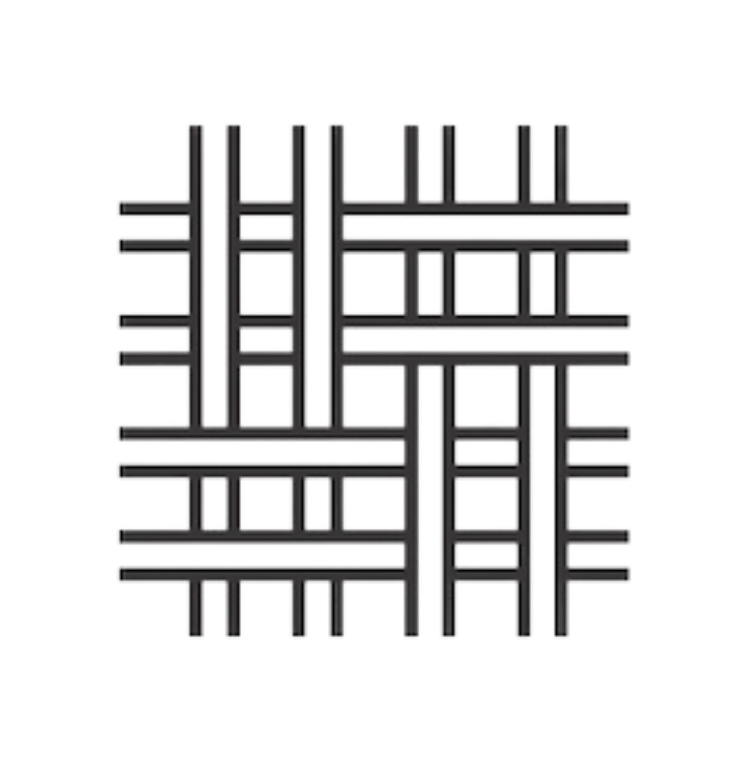A little while ago, I had the honour of publishing a little writing about land-life, about tending to place and home in BESIDE 13. Here’s an edited excerpt from the piece.
photo by Megan Samms
My home is Here. Up a valley with braided rivers shored with boreal forest is the place of my family, kin, community, and the land I belong to, have always belonged to. I couldn’t leave Here again.
Here, we tend to gardens, animals who have names, honeybees, food, medicinal and dye plants. Here, pick by pick, I weave cloth that is both a reflection of this place and is made of this place. Here, I am in a long conversation with my ancestors, myself developing into an ancestor, and a good one I hope. I work much the way they work(ed), I make the way they make (made), and I live much the way they live(d), and I do so as part of a continuum, developing, adopting, and adapting as time moves all around us.
I think some call us homesteaders. When someone asks, “Are you homesteading?”, I feel a pressure rising in me, something that feels like resistance and rejection. Maybe my distaste for the word “homesteader” comes from the inherent implication that this place wasn’t always my home, that I have to labour to make it so.
Here, is the place where I take care of home and home takes care of me.
Place dried fir needles in a glass vessel. It’s okay to crush them a little with your hands. Pour enough sunflower oil over the needles to cover them; stir a little with a slender fir stick to release any air bubbles.
Now, place the vessel in a cool, dark place in your home. Leave for one month, but check on it now and then, smell it, notice the change in colour of the oil.
After the month, decant into a smaller bottle or jar.
Put the spent fir needles in the compost.
Use the fir-infused, green-tinged oil in your bath, in your hair, or on your skin.
Though the word “homestead” has roots and usage in many languages, the term became popularized as an idea and a practice by colonial settlers in the U.S. According to the American Homestead Act of 1862, a homestead is an area of public land in the West (usually 160 acres) granted to any U.S. citizen willing to settle on and farm land for at least five years.
There are so many complex layers to this, and as much as they concern me, they’re not what I want to write to you about. There is so much more that preoccupies and directs me. I want to write to you about self-determined hard work, hope, creativity, and the reasons I mainly position myself and action from within my community, along the sides of my kin.
I hear from her that our worlds—ancestral, present, sky worlds—need our input, our energy, and our good work; we need to work, constantly and hard, to create the web we want and need. We need each other, we need the land, and the land needs us too.
In the Fall of the year, go to the beach. Every evening.
The seawater is almost at its warmest now, get in.
Watch the beach for kelp landing. Here, it washes up in the tonnes.
When this happens, bring a little home every night; mulch your garden beds with it, especially where you’ve grown the tomatoes, garlic, carrots, and potatoes.
Be like our neighbour Gus, and drop some off to people you believe in.
I’m interested in world building, in pressing reset on work and ideas of work that architected systems I didn’t consent to. Rebuilding worlds takes a lot of hope, love, communication, hard work, observation, repetition, and slowness.
With the way things are going, I/we have to work so hard to build up a world(s) that our ancestors might recognize, one that shows up in some reflected place, one that they might be proud of. I’m not afraid to operate outside of capitalist models of making products and doing business; they’re not my models, after all.
I think that people are constantly constellating and bodies are interdependent ecosystems; what I spend my time doing is an expression of love for that interdependence—interspecies care, tending and mending among the layers of community and place. Our work is always reliant on each other's presence and work, our lives interwoven, inherently interdependent on each other. Only with renewal of relationships to one another and to the land does the web weave. There is no gap between humans and nature—we are the natural world and the natural world is us. We can’t go to nature—we are it.
Collect the first blossoms of Labrador tea, but not too many. Collect some of those dark green and amber fuzzy leaves from last year’s growth.
Dry them for a couple of days and then place them in a glass jar. Cover with your favourite olive oil.
Let this oil infuse slowly over six months.
After the first month, decant some and use it as a facial cleansing oil. Make soap with seawater from near the marsh where you collected the tea.
The unabridged version is published in Issue 13. I was so lucky to meet and work with Carolina Andrade to make the article and you can order Issue 13 to read it all, and if you do, enter the code: BESIDEMEGAN

